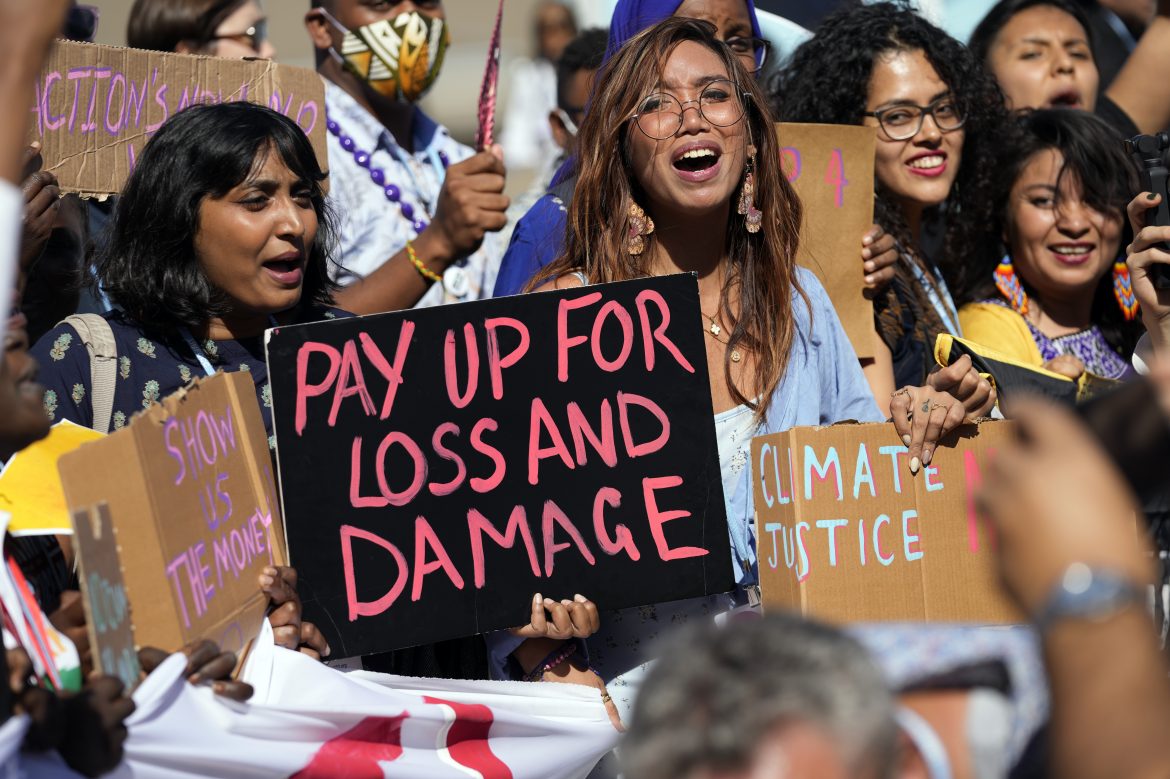Climate finance campaigners have said that negotiations at COP30 risk repeating past failures except developed countries make commitments that are clear and predictable to support vulnerable nations.
David Ryfisch, who is the head of future-proof finance at Germanwatch, made this known while addressing journalists at the ongoing UN climate talks in Belém, Brazil.
Ryfisch said that discussions opened under the shadow of an “underwhelming” outcome from COP29 in Baku, where the new collective quantified goal (NCQG) on climate finance “fell dramatically short” of developing countries’ needs.
He said that delays in releasing the Baku–Belém “rotation package” — a guidance document intended to steer countries on scaling climate finance — had slowed momentum and sharpened questions from developing nations on obligations under article 9.1 of the Paris Agreement, which requires developed countries to provide financial resources.
Read also: ADF grants $9 million to strengthen climate resilience in the Sahel
Ryfisch also flagged a lack of predictability, noting that no donor country has made new forward-looking finance announcements, leaving developing nations uncertain about what resources will be available. This uncertainty, he warned, threatens to weaken trust and undermine the chances of securing an ambitious outcome.
According to him, the proposed $300 billion mobilisation target risks being overwhelmingly directed toward mitigation, with “very little room” left for adaptation despite worsening climate impacts.
He added that rapid scaling toward the 2035 NCQG will require immediate work on operationalisation and clarity on Article 2.1(c), the long-term goal to align global financial flows with climate objectives.
“Finance will once again be the open door to an ambitious outcome. We need clear signals from developed-country finance ministers at the start of week two,” Ryfisch said.
Story was adapted from theCable.
